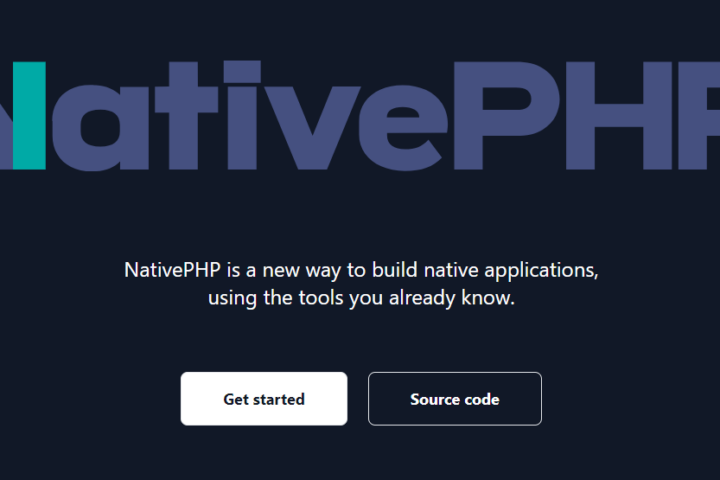South Africa’s online gambling industry is undergoing a major transformation, driven by technology, shifting consumer habits, and regulatory shifts. As of early 2025, these changes are reshaping the market, creating new opportunities while also presenting challenges for operators, regulators, and players alike.
In 2007, online gambling in South Africa was largely unregulated, with the industry operating in a legal grey area. Traditional land-based casinos were already well-established, but internet-based gambling platforms faced uncertainty due to unclear legislation. While some companies attempted to establish online operations, legal restrictions created challenges for both operators and players.
The South African government recognized the growing influence of online gambling and initiated discussions on regulation. The primary concern was consumer protection, ensuring responsible gaming, and preventing money laundering through unregulated digital platforms. However, enforcement of online gambling laws remained weak, leading to continued operations of offshore gambling sites that catered to South African players.
Tech advancements have been a game-changer for South Africa’s gambling sector, particularly the widespread use of smartphones. With over 90% of South Africans owning a mobile device, mobile gaming has become the dominant way people access online casinos and betting platforms. The ease of playing with just a few taps has fueled market expansion and increased user engagement.
Artificial intelligence (AI) is also making a significant impact. AI-driven security systems are improving fraud detection and responsible gaming measures, while advanced algorithms enhance player experiences with personalized recommendations and real-time analytics. This fusion of AI and gaming is pushing both online and land-based casinos toward a smarter, safer future.
Innovative payment options are further driving the growth of online gambling in South Africa. With many players preferring alternative banking methods, prepaid vouchers and digital wallets have gained popularity. Options like Betway Bucks, and Goldrush bingo credits, available at retail locations, allow users to fund their accounts instantly without linking a bank account. These frictionless payment methods are making it easier for more players to participate in online gaming.
Market Expansion and Economic Contributions
South Africa’s online gambling industry is on an upward trajectory, with projected growth of 4.71% between 2025 and 2029. By the end of this period, the market is expected to be worth around $518.2 million, reflecting increased participation and mainstream acceptance.
In the 2023-24 financial year, the country’s total gross gambling revenue hit a record ZAR59.3 billion, with player spending reaching an all-time high. These numbers highlight the sector’s growing economic influence, contributing significant tax revenue and job creation within the broader entertainment and tech industries.
Regulatory Landscape: A Legal Grey Area
Despite its rapid growth, online gambling in South Africa still operates in a complex and somewhat restrictive legal framework. While land-based casinos, sports betting, and lotteries are regulated, most online casino gaming remains technically illegal. However, enforcement has been weak, and no players have been prosecuted for using offshore sites.
This regulatory uncertainty creates both risks and opportunities. While many international operators continue to attract South African players, local businesses and regulators are pushing for updated laws that would allow the government to oversee and tax the sector properly. Calls for reform are growing, as outdated regulations fail to address the realities of the modern online gambling market.
Emerging Trends and the Future of Online Gambling
Several key trends are set to shape the future of South Africa’s online gambling industry:
- Virtual Reality (VR) Gaming: VR casinos are gaining traction, promising immersive gambling experiences that replicate the feel of a real casino.
- AI-Driven Personalization: AI-powered platforms will offer tailored game suggestions, enhanced customer support, and data-driven player insights.
- Blockchain and Cryptocurrency Betting: With increased interest in crypto payments, decentralized gambling platforms could provide players with greater security and anonymity.
- Stronger Regulatory Developments: As online gambling continues to expand, policymakers may introduce new legislation to regulate and tax the industry, providing legal clarity and consumer protections.
South Africa’s online gambling sector is at a turning point. With rapid technological advancements, evolving player preferences, and a shifting regulatory landscape, the market is poised for significant growth. However, whether the industry reaches its full potential will depend on how lawmakers, businesses, and players navigate these changes. If regulations catch up with reality, South Africa could solidify itself as a leading force in Africa’s digital gaming revolution.
Even with regulatory uncertainty, online gambling saw gradual growth due to technological advancements. The rise of broadband internet and increasing smartphone penetration allowed more players to access online gaming platforms. Payment methods evolved, with electronic transfers and mobile-based transactions becoming more common, making it easier for South Africans to participate in online betting.
The potential economic benefits of legalizing online gambling became clear as other countries demonstrated successful regulatory models. Estimates suggested that a properly regulated market could contribute significantly to South Africa’s economy through taxation and job creation. However, without clear laws in place, the government struggled to capitalize on this growing industry.



